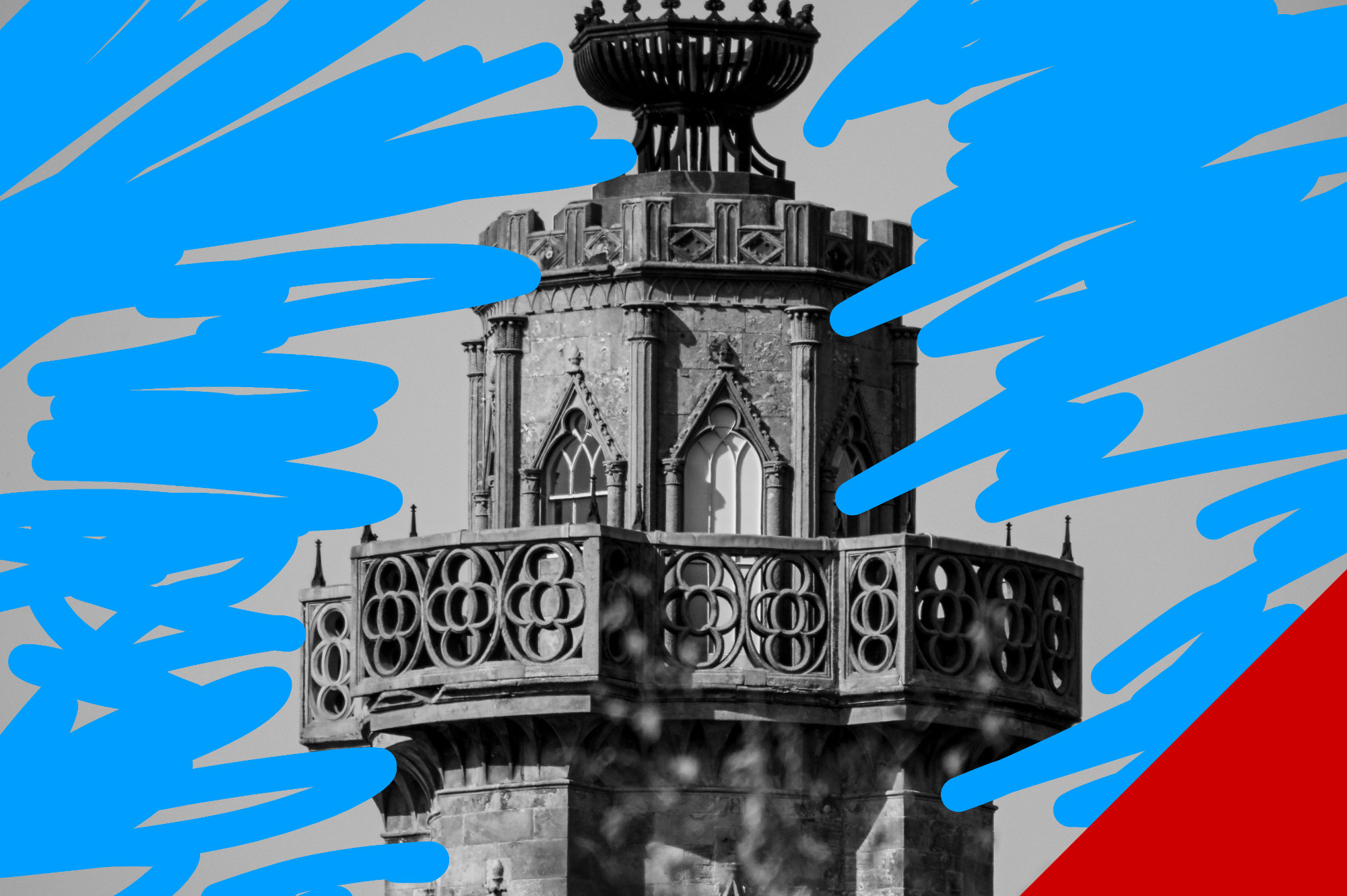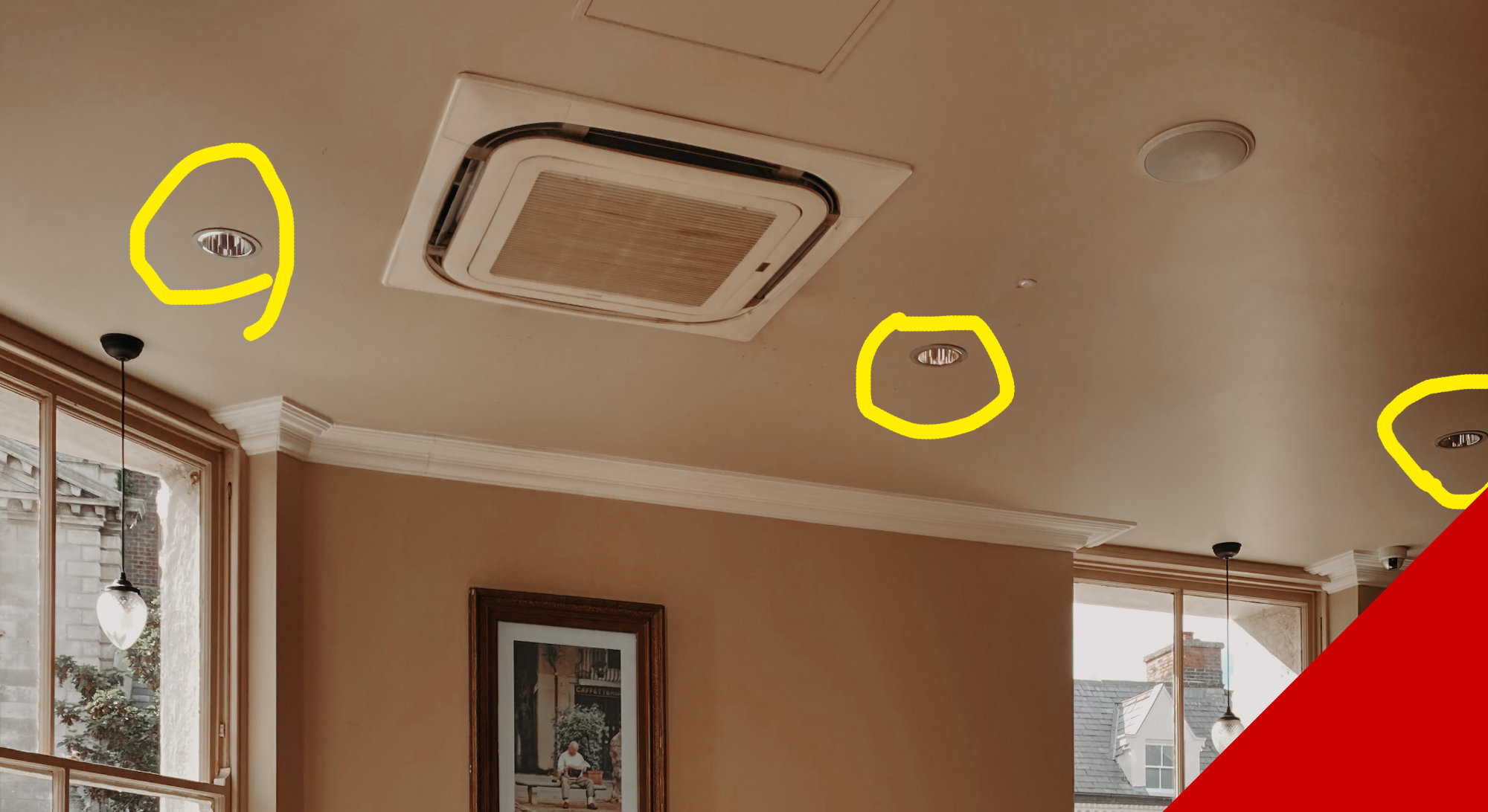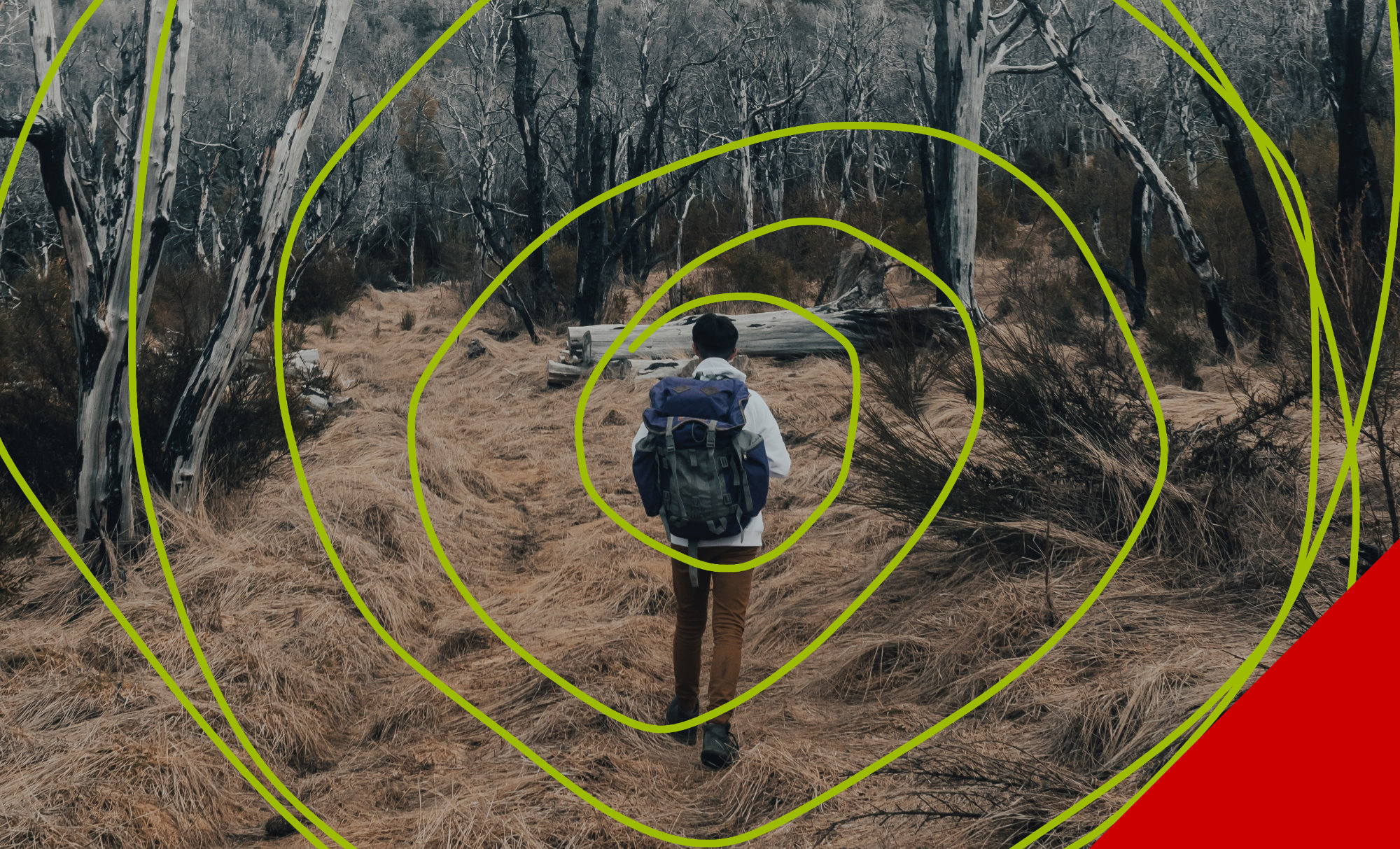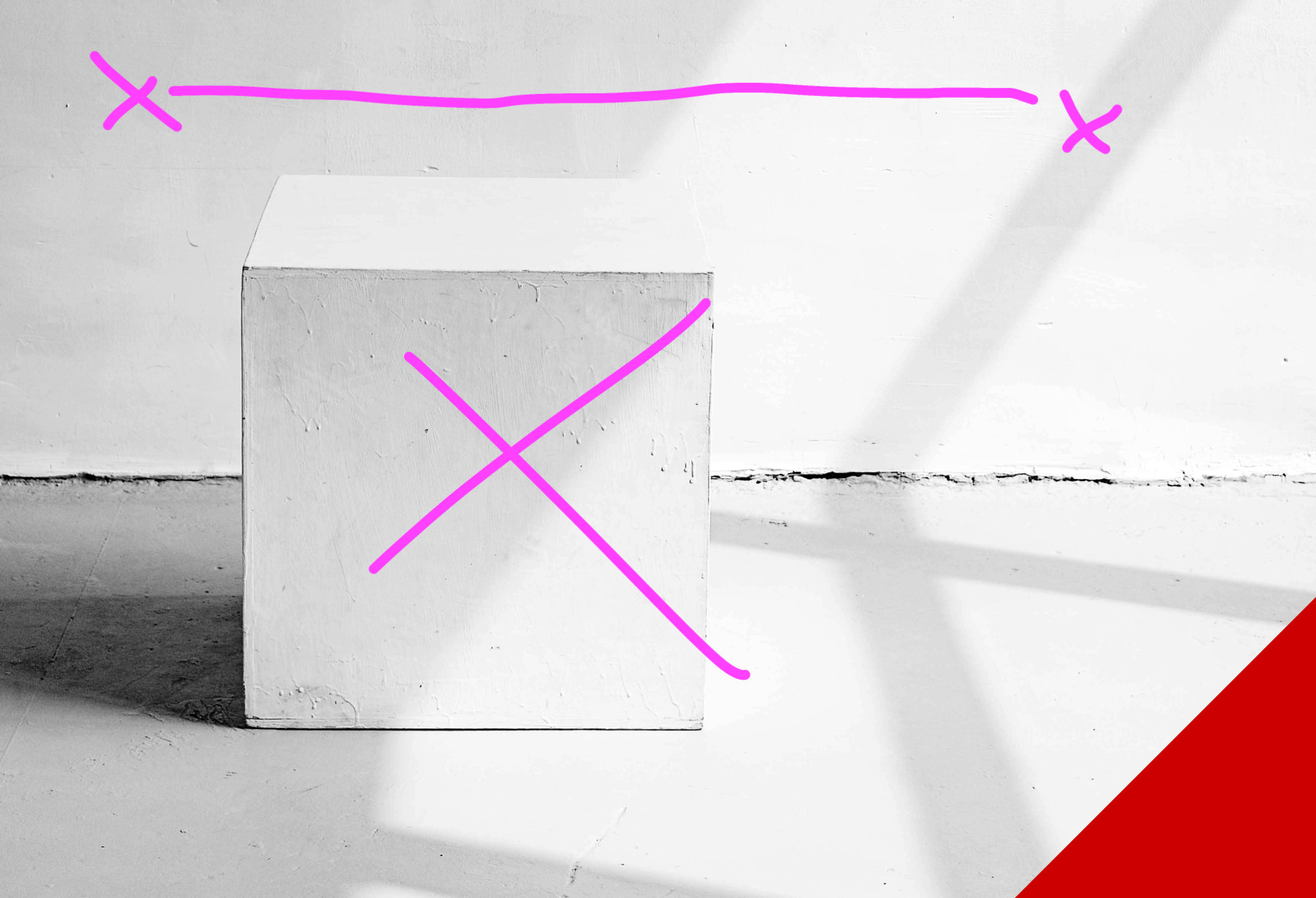
Tomorrow is Thanksgiving day and I know thousands of you will be disappointed to know I won’t be blogging. So, hopefully this will give you something meaty to stuff your mind.
We are generous. We are fueled by a mission that is giving. To get to action on this mission, we need gratitude. We don’t need to express gratitude to others, but we need gratitude for ourselves. We need to remember that our life is full and we have more great stuff than we need. Otherwise, we can’t give.
The opposite of gratitude is wishing. Ambition is fun, but if we’re wishing and wanting with the majority of our thoughts, we will be in victim mode.
“Victims” are the most dangerous people in the world.
Folks that make victimhood the majority of their identity will not act from their intentions because they’re too busy trying to protect themselves. They are subject to the whims of the world. Wherever is threat, there is the attention.
We need to fill ourselves up with gratitude. Remember how great we have it, then we have everything to give.
I sometimes feel like being grateful is an arrogant recounting of how much better my life is than others. It isn’t. It’s a mindset.
I sometimes feel like being grateful will lead me to losing what I have. It’s the opposite. If I strengthen my gratitude muscle, I will always have plenty and I will never lack.































